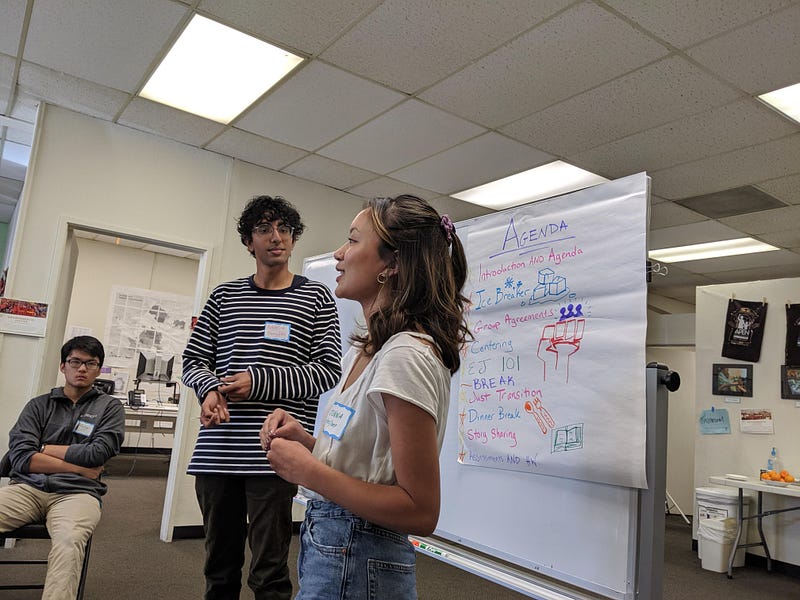
The first time I really thought about making social change was in elementary school. It was a few months after a local neighborhood watch member murdered Trayvon Martin. On my walk home from school, I saw signs outside of people’s houses saying “RIP Trayvon Martin, Justice for Trayvon Martin.” Being a curious 11 year old, I looked up the name Trayvon Martin and was shocked at the headlines.
It made me wonder what else I didn’t know.
The community I grew up with was primarily Latinx. I never had many other Asian American students in any of my schools. A lot of the kids I went to school with didn’t know that there were many different Asian ethnic groups. When people asked where my family was from, I didn’t know how to explain that we’re Mien. I was insecure about being Asian because I didn’t have anyone to share my struggles with.
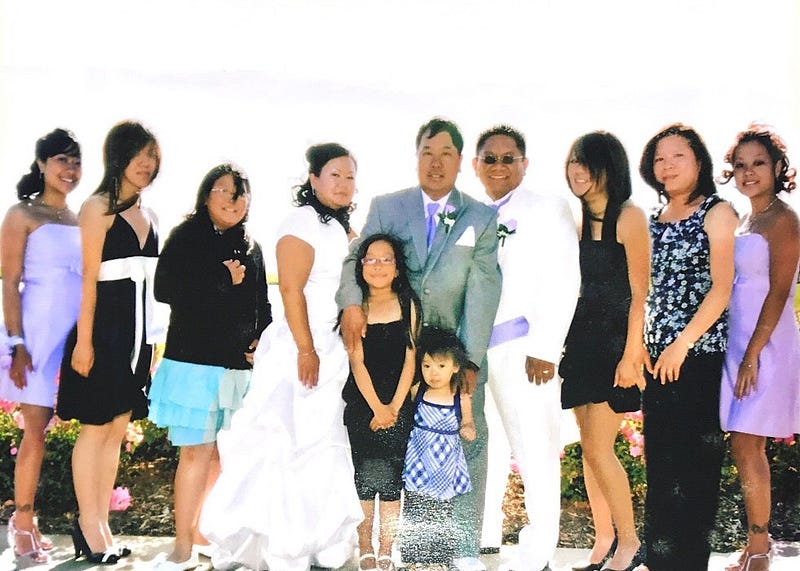
I was embarrassed by my lack of knowledge when it came to the topic of something that was supposed to define me so I made the conscious decision last summer to learn more about my background.
I wanted to break out of this shell and wear my skin proudly.
I attended a 1-week program at UC Berkeley called Southeast Asian Student Coalition. There were a series of informative and collaborative workshops that enriched the little knowledge I had of my ancestors. I was able to reflect and take time to think about the struggles that my parents went through as immigrants just to get to where they are today. After this program, I decided that I wanted to get involved in my community and support more Asian based programs that I was too embarrassed to go after before.
With that, I attended my first APEN led event over the summer at the youth summer academy. There, I learned about the negative impacts of big corporations that pollute our environment and so much more.
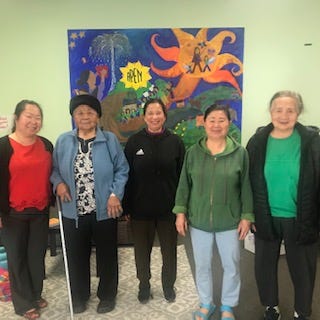
Listening to others’ experiences and the ways that they and their families were impacted by the refinery resonated with me in ways that I never knew would.
When the Chevron refinery exploded in 2012, my whole family went to the hospital. I didn’t know what was happening or why my family was getting questioned. The only information I was given was when my mom just told me to answer honestly to the questions that the nurses would ask. They asked questions about if we felt like it was a little harder to breathe or if we have developed some sort of sickness within the past week. As afraid as I was, I remained quiet while the rest of my family answered.
We also went on a Just Transition tour to actually see the toxic impacts that big corporations and organizations have on Richmond. I learned that the Chevron office buildings are painted beige in order to be discreet — there were no signs or logos because they don’t want to be able to be found. Just transition is necessary because we need cleaner ways to get our energy and having a big polluter like Chevron in our communities is harmful and downright terrible on our health. Having renewable and cleaner energy, we wouldn’t have to worry about air pollution.
APEN strives for environmental justice which means that everyone deserves a healthy and stress-free life — free from capitalist greed and polluters like Chevron.

After the academy ended, I was so fascinated by this new political world that I’ve been exposed to, that I applied to become a youth intern for the 2018–2019 term.
For the midterm elections, we focused on Measure H; a tax on luxury real estate. This measure will benefit youth services in Richmond and balance the city’s budget. The youth and mentors came together and went door-to-door to talk with people and share information. In the evenings, we called thousands of people to encourage them to support youth services. We held community meetings to encourage local youth to get involved. After months of hard work, the measure passed!
As a young person, I wasn’t able to vote. So canvassing — going door to door — is my way of advocating for something that will positively affect my community. This was my effort, this was my vote.
I’m not sure if it makes a universal difference, but I know that I’ve made a difference in my community.
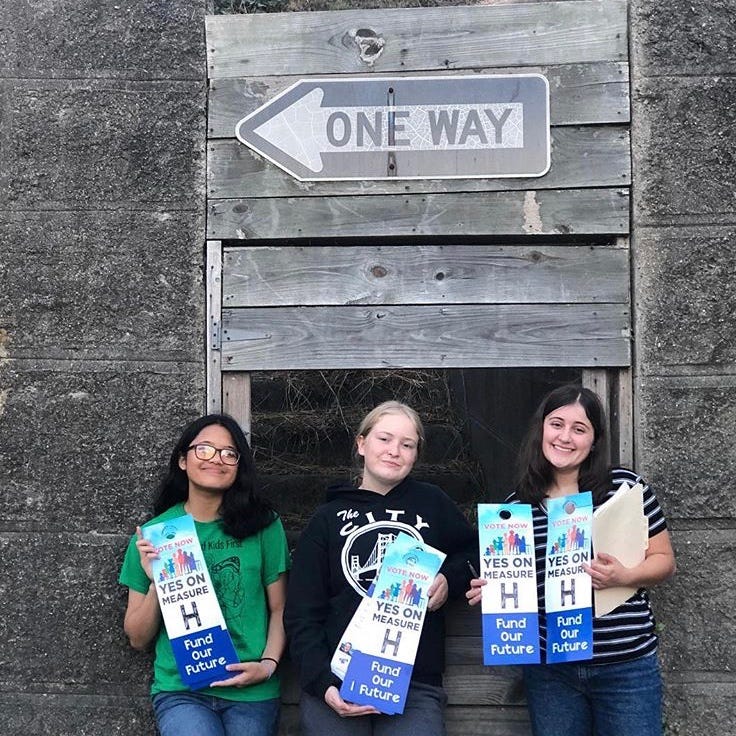
Now, Summer of 2019, I am a full-time fellow for APEN. My struggles eventually became the pathway to my newfound passion for Asian American advocacy and environmental justice.
I want to empower other Asian Americans or anyone who has not yet learned how to embrace the beauty of their heritage.
Being part of APEN has widened my perspective on the importance of the youth voice in a political world. I’ve been given the chance to articulate my thoughts and educate others on my newfound passion in ways I never thought I was able to.
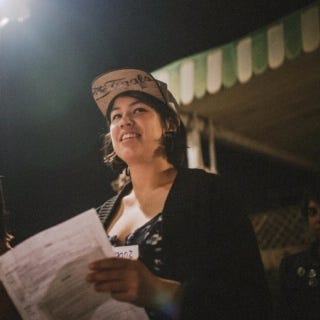
Today, there are still innocent people’s lives being taken just because of the color of their skin or their zip code. Even with the drastic amount of discrimination and prejudice that has been increasing within the past couple of years, there is not enough exposure to these situations. They are often swept under the rug because once there is a minor improvement in the system, all the focus is lost. As a society, we take one step forward, but two steps back.
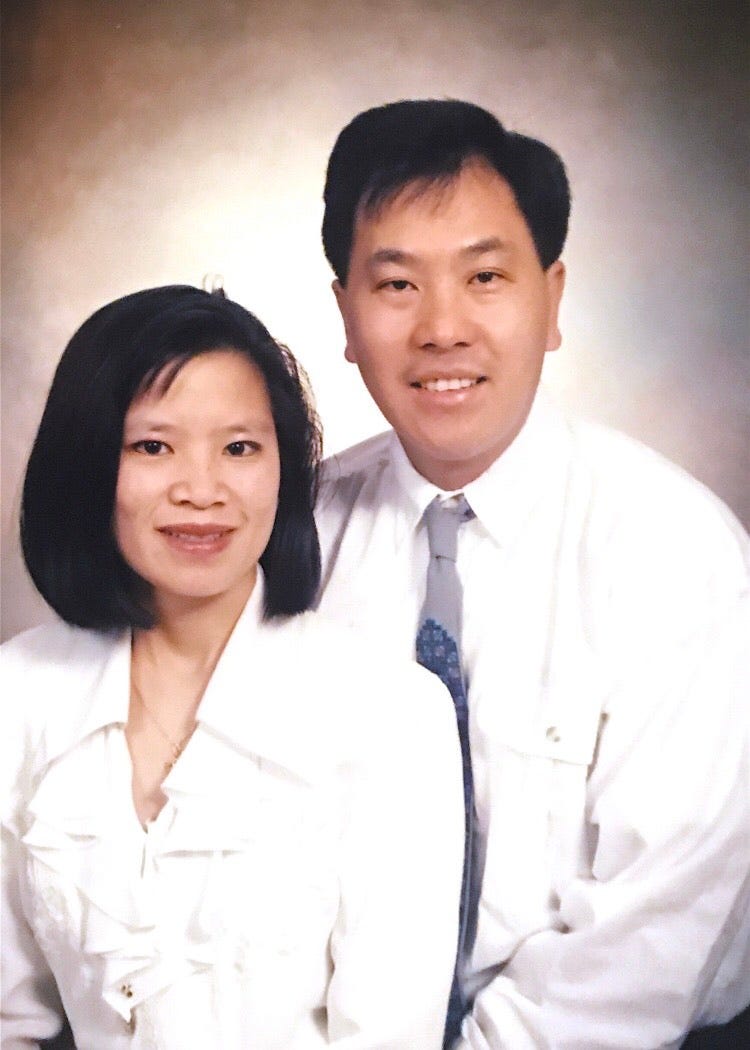
As a child of refugee parents, my perspective differs from most. My parents are from Laos but were forced to escape because of the Secret War between the Communist Pathet Lao and the Royal Lao Government. After months of fighting for survival at Thai refugee camps, they were given the opportunity by sponsors to move to Richmond, California. Knowing little to no English, they took a chance and left.
Before beginning this project, I knew I wanted to share stories of immigrant elders from Southeast Asia to first-generation youth in America, all while spreading awareness of environmental justice within the community and for the non-profit organization, APEN. These interviews are important to me because I’ve met so many different people that inspire me and wanted to learn more about them. Our stories are powerful. To make an impact, we have to tell them.
Jenna Saefong is an 18-year-old rising college freshman figuring out her role as a youth organizer in Richmond, California.
All photos for this piece were provided by Jenna Saefong and Megan Zapanta.

